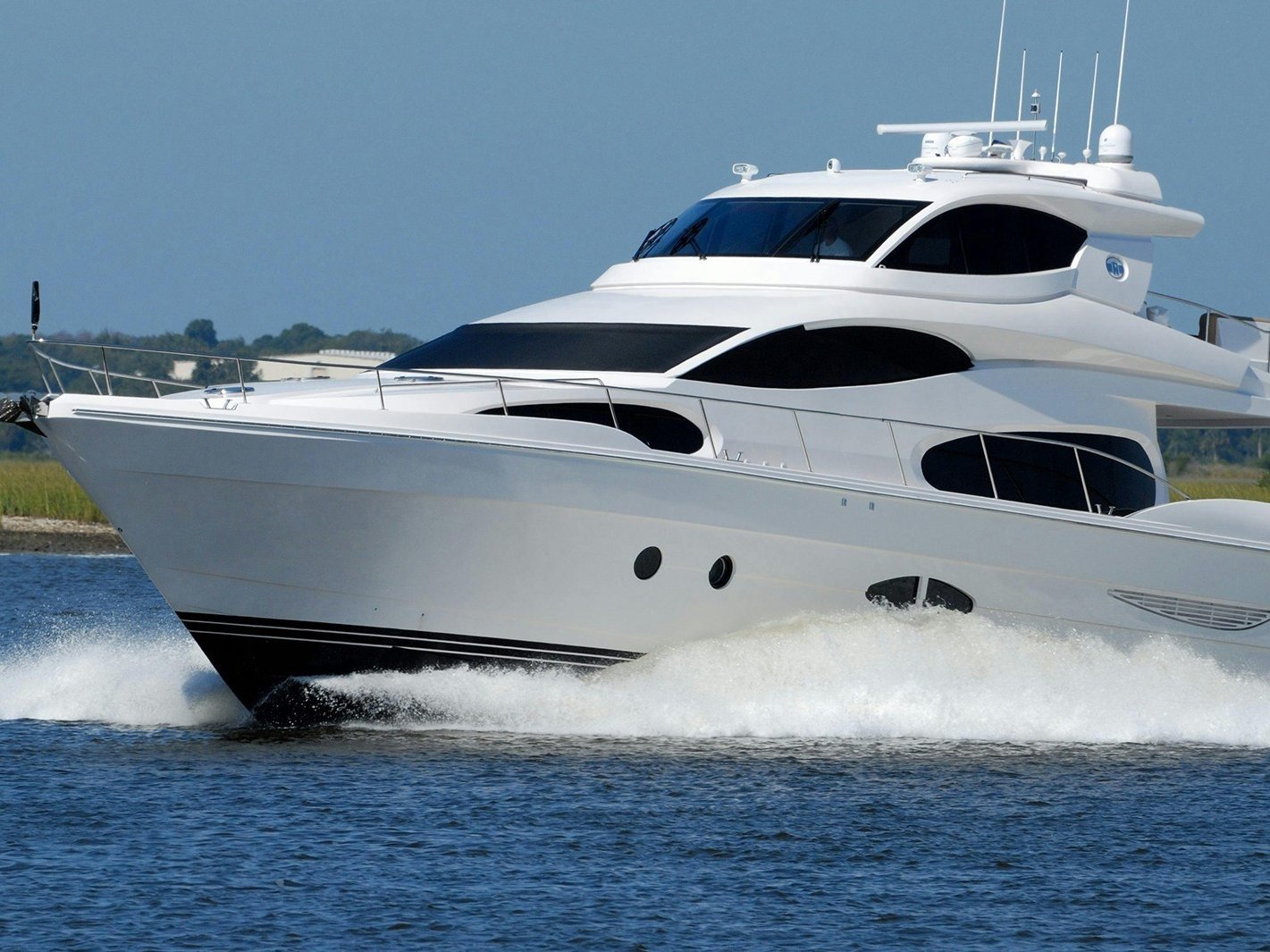Never before has the sustainable management of resources onboard been such a priority. While in 2010 the focus was on more powerful engines and designer interiors, today the focus has shifted to what happens “behind the scenes”: water and air management for yachts . Because in an era where the European regulation for zero-emission boats is being finalized, and blue ports increasingly require environmental certifications, the quality of water and air onboard is no longer a technical detail: it’s a calling card.
Especially for those operating in the luxury rental sector, where customers demand transparency, traceability, and sustainability. And a nice brochure isn’t enough: you need certified systems, real-time inspections, and above all, a team of experts ready to ensure compliance and safety. This is where marine technical consulting becomes a strategic asset, not a cost.
And if you still think that “water is water”, you are missing out on the true revolution in the nautical world: marine water air quality is the new standard of excellence .
Frequently asked questions about sustainable water management on board
What is marine water air quality and why is it so important?
It’s an integrated approach that monitors and optimizes both water and air quality onboard yachts. It’s not just about filtering drinking water, but also ensuring that every circuit—fresh, waste, and wastewater—is managed safely and environmentally friendly. And that the interior air is free of bacteria like Legionella pneumophila , which can proliferate in humid and poorly ventilated environments.
If not managed properly, a faulty water system can compromise the health of crew and guests, as well as cause environmental damage. That’s why this issue has become central: it’s not a luxury, it’s a necessity.
What are the three types of water on board and how should they be managed?
We have:
- Freshwater : Used for drinking, cooking, and bathing. Must be microbiologically safe, with filtration and UV sterilization systems to prevent contamination.
- Graywater : from showers, sinks, and washing machines. It contains soap residue, oils, and bacteria. It must be treated before discharge to avoid pollution.
- Black water : wastewater from toilets. It requires specific treatment facilities, certified to MARPOL Annex IV, to avoid health and environmental risks.
Each type requires a dedicated system, scheduled maintenance, and regular checks. There are no “improvised solutions” that are effective in the long term.
What regulations do I have to comply with?
The main ones are defined by the International Maritime Organization (IMO) through MARPOL Annex IV , which regulates the discharge and treatment of wastewater. Additionally, classification societies such as RINA, Lloyd’s Register, and DNV require certification procedures, periodic testing, and rigorous documentation for onboard systems.
Compliance isn’t just a legal issue: it’s a reliability factor. Ports can detain a non-compliant vessel. Charterers require maintenance reports. And insurers demand proof of compliance. Skipping these steps risks fines, vessel detention, and reputational damage.
What innovative technologies exist today?
The market offers highly sophisticated solutions:
- Advanced multi-stage filtration + UV : ensures always safe drinking water.
- MARPOL certified compact mini purifiers : effectively treat grey and black water directly on board.
- Intelligent monitoring systems : with sensors that measure consumption, tank levels and quality parameters in real time.
- Biodegradable detergents : reduce environmental impact and improve the efficiency of treatment systems.
These technologies not only protect the environment, but also optimize space and energy – essential for yachts that sail autonomously for days or weeks at a time.
Who should invest in a water and air management system for yachts?
To everyone.
- For owners : increases the value of the vessel, reduces maintenance costs, improves the image.
- To the crew : simplify operations, increase safety, reduce breakdowns.
- For guests : ensures comfort, health and trust.
- For charter operators : it becomes a differentiating factor. Today, 68% of premium clients choose environmentally certified vessels.
And for the environment? It’s a concrete step toward protecting marine ecosystems: less pollution, greater awareness, zero impact.
Invest in your yacht: not just in the engine, but in the lifecycle
Magazine-quality design isn’t enough. Fast travel isn’t enough. The excellence of a yacht today is measured by what you can’t see: the quality of the water you drink, the air you breathe, the impact you leave behind.
If you’re a boat owner, captain, or charter operator, it’s time to raise the bar. Request a complete check-up of your water and ventilation systems.
Trust marine technical consulting experts who know the regulations, technologies, and best practices.
Because the future of sailing isn’t just about sailing. It’s about sailing responsibly.




